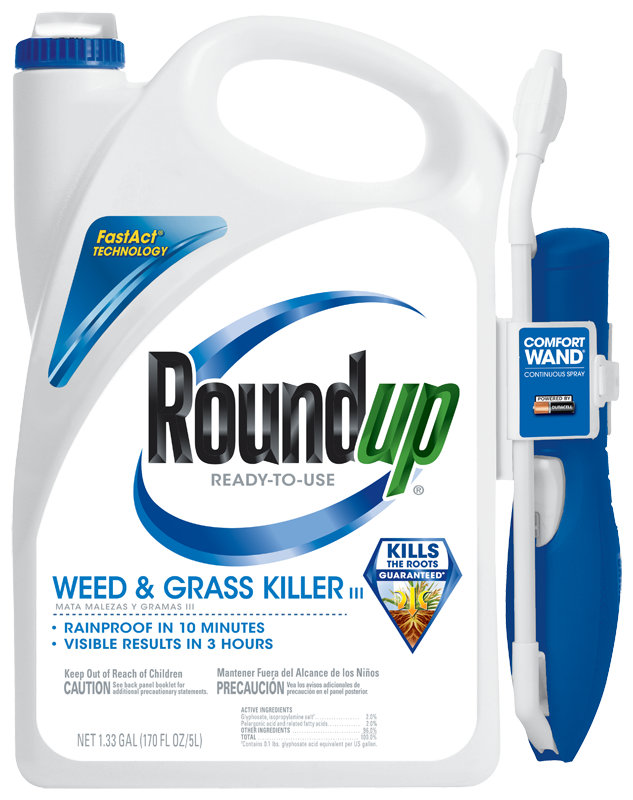EU proposes 10-year license extension for controversial weed killer
 |
| Despite wide-scale concerns from environmental groups, the EU vouched in favour of glyphosate |
| RELATED CONTENTS: | |
| Glyphosate not classified as carcinogen by ECHA | |
| APVMA concludes glyphosate does not pose a cancer risk to humans | |
| FAO/WHO refutes glyphosate cancer risk | |
Last June, the European Commission decided to extend the licence for glyphosate by 18 months, after member states failed to achieve a qualified majority in favour or against the re-authorisation of glyphosate. As reported by news site euractiv.com, at the Appeal Committee, EU member states voted on the proposal to extend the current approval of glyphosate for a limited period of time, until the European Chemicals Agency (ECHA) gives an opinion on the substance.
In a press release on March 17 this year, ECHA's Committee for Risk Assessment (RAC) said it agreed to maintain the current harmonised classification of glyphosate as a substance causing serious eye damage and being toxic to aquatic life with long-lasting effects. However, RAC concluded that the available scientific evidence did not meet the criteria to classify glyphosate as a carcinogen, as a mutagen or as toxic for reproduction.
According to Reuters, the spokeswoman for the Commission said the body had “taken into account the latest state of scientific research” and “would work with the Member States to find a solution that enjoys the largest possible support.” However, no date has been set for when discussions with representatives of EU member states will start.
The International Agency for Research on Cancer (IARC), the World Health Organization’s cancer agency, classifies glyphosate as “probably carcinogenic.” Meanwhile, as reported by Reuters, many other regulators, including those in the United States, sees it as unlikely to pose cancer risk to humans. The European Food Safety Authority (EFSA) has also found that glyphosate is “unlikely to pose a carcinogenic hazard to humans.”
Glyphosate is one of the world’s most heavily used weed killers.
What the stars mean:
★ Poor ★ ★ Promising ★★★ Good ★★★★ Very good ★★★★★ Exceptional
Latest News
More News
- Russian President congratulates Vietnamese Party leader during phone talks (January 25, 2026 | 09:58)
- Worldwide congratulations underscore confidence in Vietnam’s 14th Party Congress (January 23, 2026 | 09:02)
- Political parties, organisations, int’l friends send congratulations to 14th National Party Congress (January 22, 2026 | 09:33)
- 14th National Party Congress: Japanese media highlight Vietnam’s growth targets (January 21, 2026 | 09:46)
- 14th National Party Congress: Driving force for Vietnam to continue renewal, innovation, breakthroughs (January 21, 2026 | 09:42)
- Vietnam remains spiritual support for progressive forces: Colombian party leader (January 21, 2026 | 08:00)
- Int'l media provides large coverage of 14th National Party Congress's first working day (January 20, 2026 | 09:09)
- Vietnamese firms win top honours at ASEAN Digital Awards (January 16, 2026 | 16:45)
- ASEAN Digital Ministers' Meeting opens in Hanoi (January 15, 2026 | 15:33)
- ASEAN economies move up the global chip value chain (December 09, 2025 | 13:32)
















 Mobile Version
Mobile Version